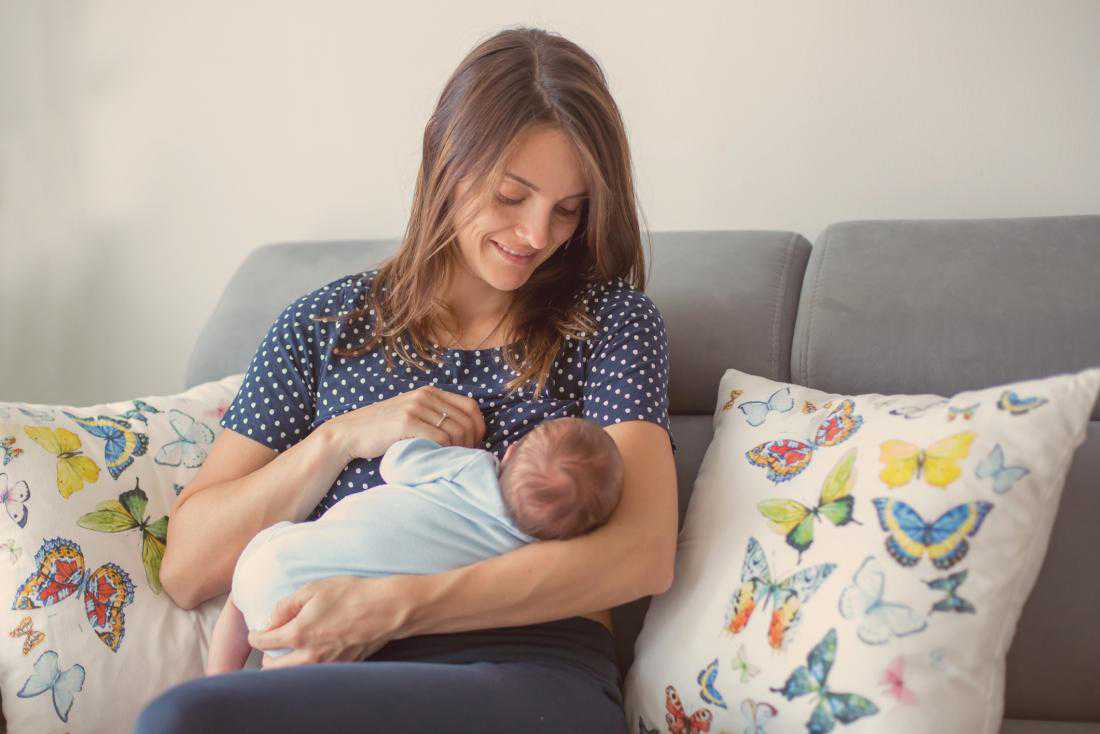How a breastfeeding mechanism may affect breast cancer
16 October, 2018

New research shows how a normal mechanism that helps the breast adapt to breastfeeding could lead to the accumulation of premalignant breast cells.
The link between breastfeeding and breast cancer has been the subject of several studies. The National Cancer Institute quote some research which suggests that immediately after pregnancy and childbirth, a woman's risk of developing breast cancer is higher.
However, this risk is temporary, and overall, scientists believe that breastfeeding lowers the likelihood of developing breast cancer. Only 3 percent of women with breast cancer develop the condition when they are breastfeeding.
New research helps illuminate the link between breastfeeding and breast cancer, as scientists reveal how a molecular mechanism that is a natural part of the breastfeeding process can be "hijacked" by breast cancer cells and used to help them survive.
Anni Wärri, an adjunct professor at Georgetown University Medical Center in Washington, D.C., led the new study, which was published in the journal Cell Death Discovery.
The role of autophagy in breastfeeding
Wärri and colleagues set out to study the so-called process of autophagy in mice. Autophagy is a "self-degradative process," which fulfills important "housekeeping" roles. It helps remove dysfunctional proteins and cellular waste, among others.
The process of autophagy is largely seen as a mechanism of survival; some studies have proposed that it prevents the formation of tumors.
However, the role of autophagy in both the normal physiology of mammary glands and in breast cancer has remained unclear, explains senior author Robert Clarke, the co-director of the Breast Cancer Program at Georgetown Lombardi and the dean for research at Georgetown University Medical Center.
"It had not been known how this critical transition between ductal cell survival or death was regulated. Earlier studies had focused on a different pathway — apoptosis, a different form of cell death," says Clarke.
In the new study, the researchers show that autophagy helps control whether the cells that provided milk during breastfeeding will survive or die once the breastfeeding is over.
"The study, for the first time, identifies the molecular switch — the unfolded protein response (UPR), which activates autophagy — that controls the fate of milk-producing breast cells," explains Wärri.
"We show that [the] apoptosis pathway is separate from the UPR/autophagy switch, although the processes clearly work together," adds Clarke.
TAG(s):
